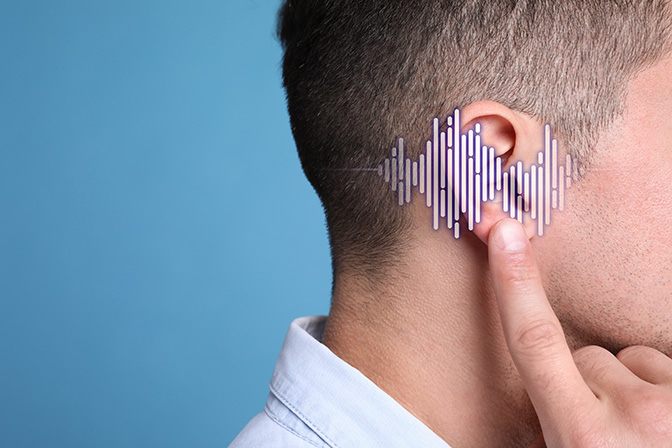Dr Chin’s Outlook on Key Symptoms of Hyperthyroidism You Mustn’t Ignore
Discover the key symptoms of Hyperthyroidism that you shouldn’t ignore. Stay informed and take charge of your health by reading our latest blog post! Sore Throat: Your guide from first signs to lasting relief
Hyperthyroidism happens when the thyroid gland produces too much thyroid hormone. These hormones help control important body functions, like metabolism, heart rate, and temperature. In the beginning, symptoms can be mild, but they can become serious fast. This condition can mainly impact areas related to ENT care, like the neck and eyes.
Recognising Early Signs of Hyperthyroidism
Common Physical and Metabolic Changes
The first signs of hyperthyroidism usually show a big boost in energy but then lead to tiredness. This tiredness comes from the body working too hard because of too much thyroid hormone. People with this problem might also feel their heart racing, sweat a lot, and feel hot—even in warm places or when doing very little effort.
Weight and Appetite Fluctuations
A common situation is weight loss from an overactive thyroid and an increased appetite. These changes happen when the body burns calories faster than normal. This is a sign of an overactive thyroid. Some people might not notice these symptoms until they start to affect their daily comfort or routines.
Emotional and Cognitive Effects
Anxiety and Mood Shifts
Anxiety and hyperthyroidism often happen together. They can cause increased irritability. This irritability is a thyroid disorder but might be mistaken for stress or mental health problems. Many people feel this way because of high thyroid hormone levels. Some patients may also have trouble concentrating or sleeping at night.
Hormonal Disruptions in Women
Hyperthyroidism in women can cause changes in periods. You may have lighter or irregular menstruation. These changes can be helpful for doctors. They can give important hints about your health, especially if you have other symptoms related to metabolism.
ENT-Related Signs of Thyroid Dysfunction
Neck Enlargement and Goiter
One clear warning sign of hyperthyroidism is a goiter. A goiter is when the thyroid gland becomes enlarged. This can lead to pressure in the neck. Patients may feel they have trouble swallowing or notice a tight feeling. This can lead them to see an ENT specialist. The connection between goiter and hyperthyroidism is important in clinical exams.
Thyroid Eye Symptoms
ENT specialists often see thyroid eye symptoms. This is especially common in patients with Graves’ disease. Some of the symptoms include eyes that bulge, feel dry, look red, and double vision. These signs may show that there is autoimmune activity linked to hyperthyroidism. They usually need teamwork with eye doctors to manage these issues.
Diagnostic Considerations
Patients showing signs of hyperthyroidism, like a fast heart rate, sweating, thyroid symptoms, and mood swings, should get thyroid function tests. ENT doctors might be among the first to notice changes in the neck and eyes. It is important to identify these issues early to manage this condition effectively.








